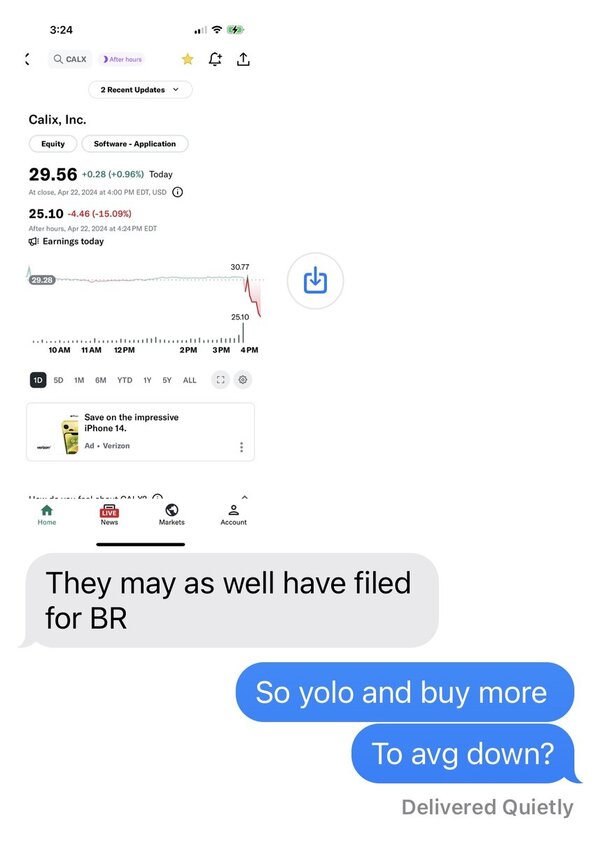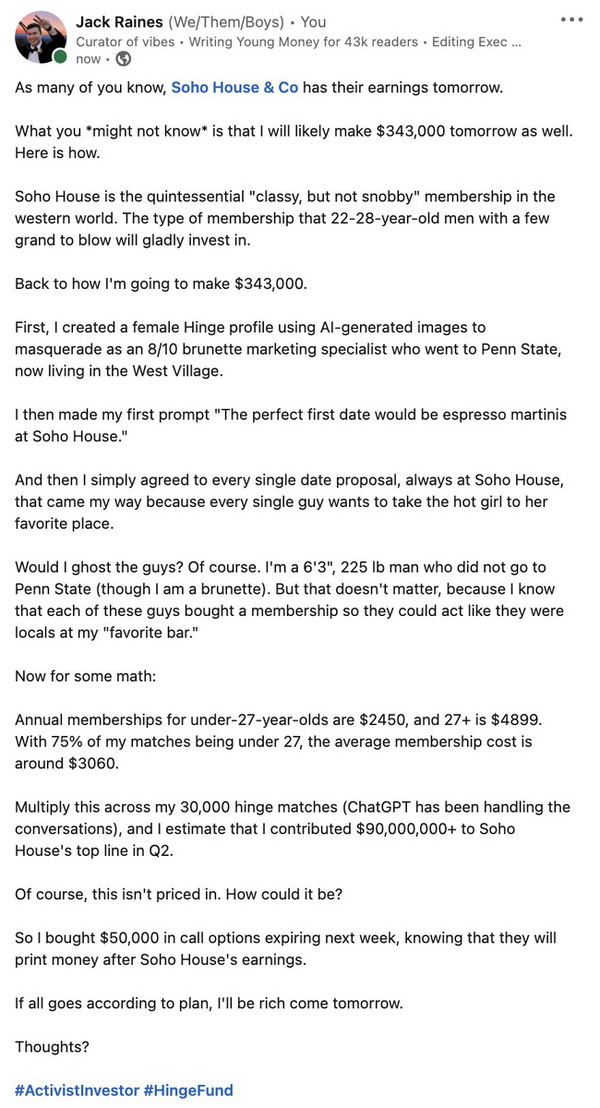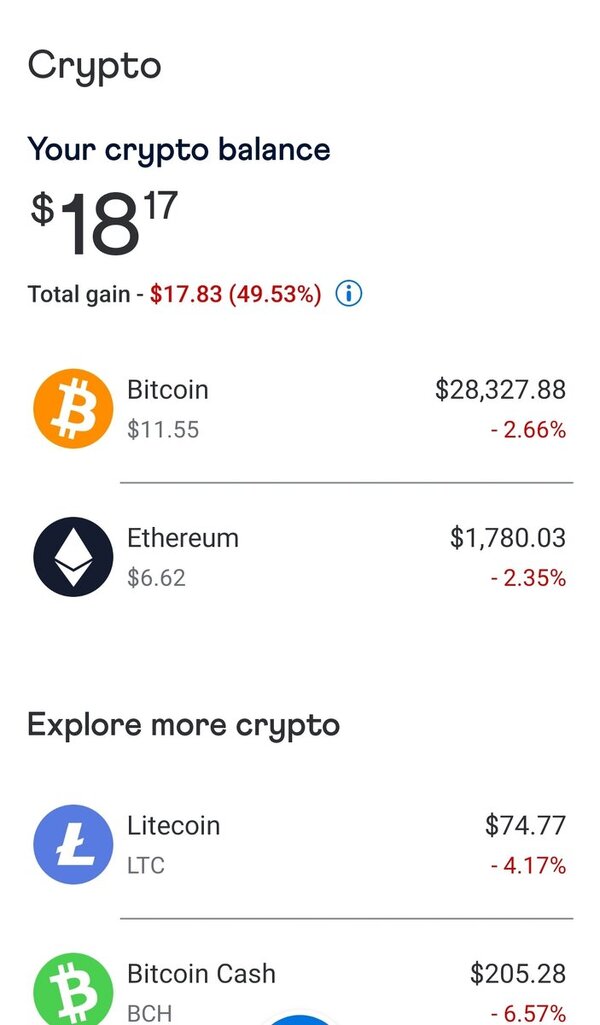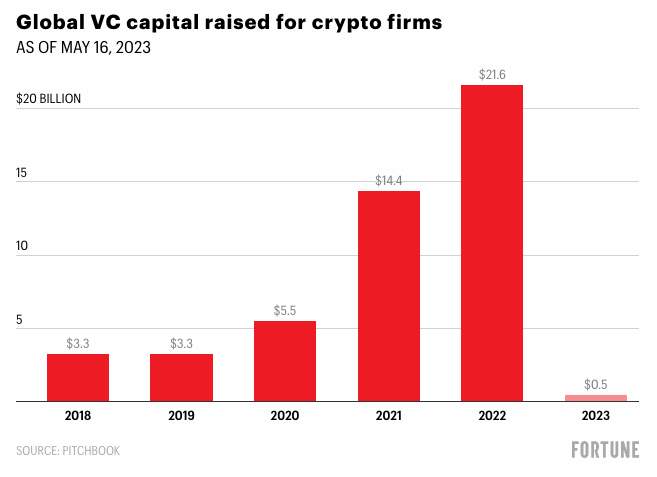djblisk
Distinguished Member
- Joined
- Nov 25, 2006
- Messages
- 1,572
- Reaction score
- 121
I worked ****** off to pay off my graduate and undergrad loans. Some of them as high as 8%.
**** people who want a bail out.
If you don't mind me asking are these undergrad or graduate loans? Mine are graduate and my rates are ridiculous. A couple are 6.55% and the ones that were 7.55% were just paid off.
I worked ****** off to pay off my graduate and undergrad loans. Some of them as high as 8%.
**** people who want a bail out.

































